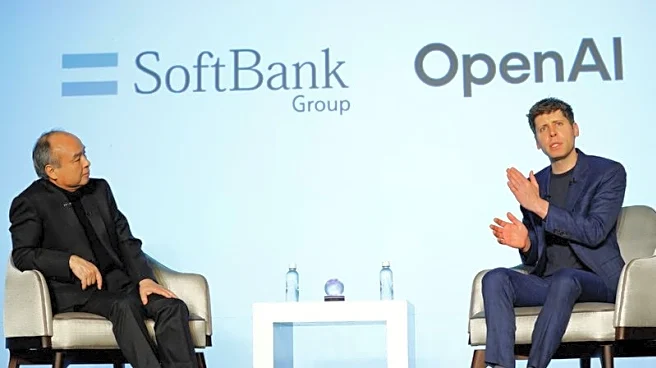Rapid Read • 8 min read
Robert F. Kennedy Jr. has announced the cancellation of 22 projects totaling $500 million aimed at developing vaccines using mRNA technology. This decision affects vaccines designed to combat respiratory viruses such as COVID-19 and the flu. Kennedy, a known vaccine critic, has previously pulled back recommendations for COVID-19 shots and dismissed the panel responsible for vaccine recommendations. The Department of Health and Human Services will halt contracts related to these mRNA projects, which were led by major pharmaceutical companies like Pfizer and Moderna. Kennedy has expressed a preference for developing vaccines using whole-virus strategies and novel platforms that are less susceptible to viral mutations.
AD
The cancellation of mRNA vaccine projects could have significant implications for public health, particularly in the context of future pandemics. Experts in infectious diseases have warned that mRNA technology, which was instrumental in addressing the COVID-19 pandemic, offers rapid production capabilities crucial for responding to new viral threats. The decision to halt these projects is seen as a setback by many in the scientific community, who argue that mRNA vaccines have saved millions of lives and hold potential for broader applications, including cancer treatments. The shift away from mRNA technology may impact the speed and effectiveness of vaccine development in the U.S.
The Department of Health and Human Services has indicated a shift in vaccine development priorities, focusing on safer and broader strategies. Kennedy has announced the administration's focus on developing a 'universal vaccine' that mimics natural immunity, potentially effective against coronaviruses and the flu. This new direction may lead to alternative vaccine platforms being prioritized, but the timeline and efficacy of such developments remain uncertain. The decision may prompt reactions from pharmaceutical companies and public health experts who have relied on mRNA technology for rapid vaccine production.
The decision to cancel mRNA vaccine projects raises ethical and strategic questions about public health policy and the role of government in scientific innovation. The move may influence global perceptions of U.S. leadership in vaccine technology and could affect international collaborations in pandemic preparedness. Additionally, the focus on alternative vaccine strategies may lead to debates about the balance between innovation and safety in vaccine development.
AD
More Stories You Might Enjoy













